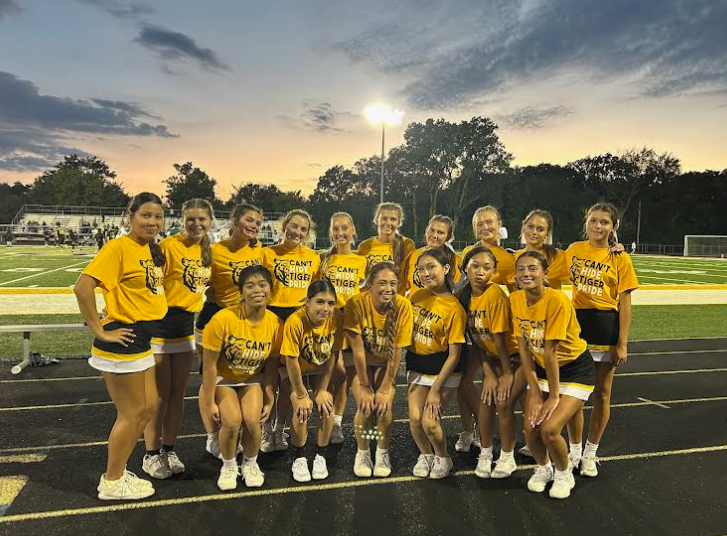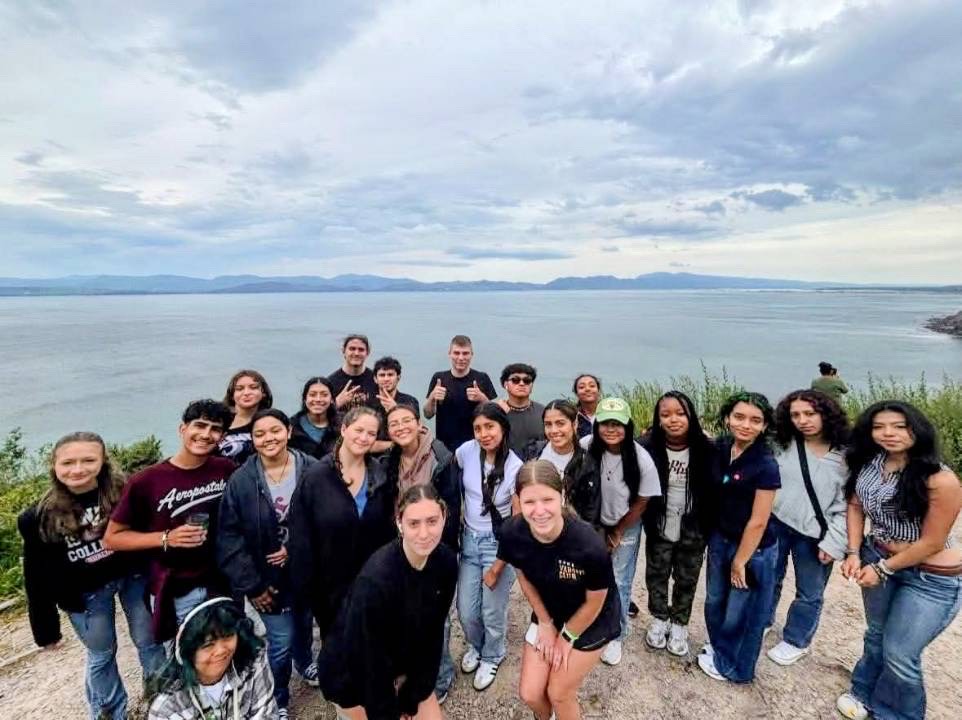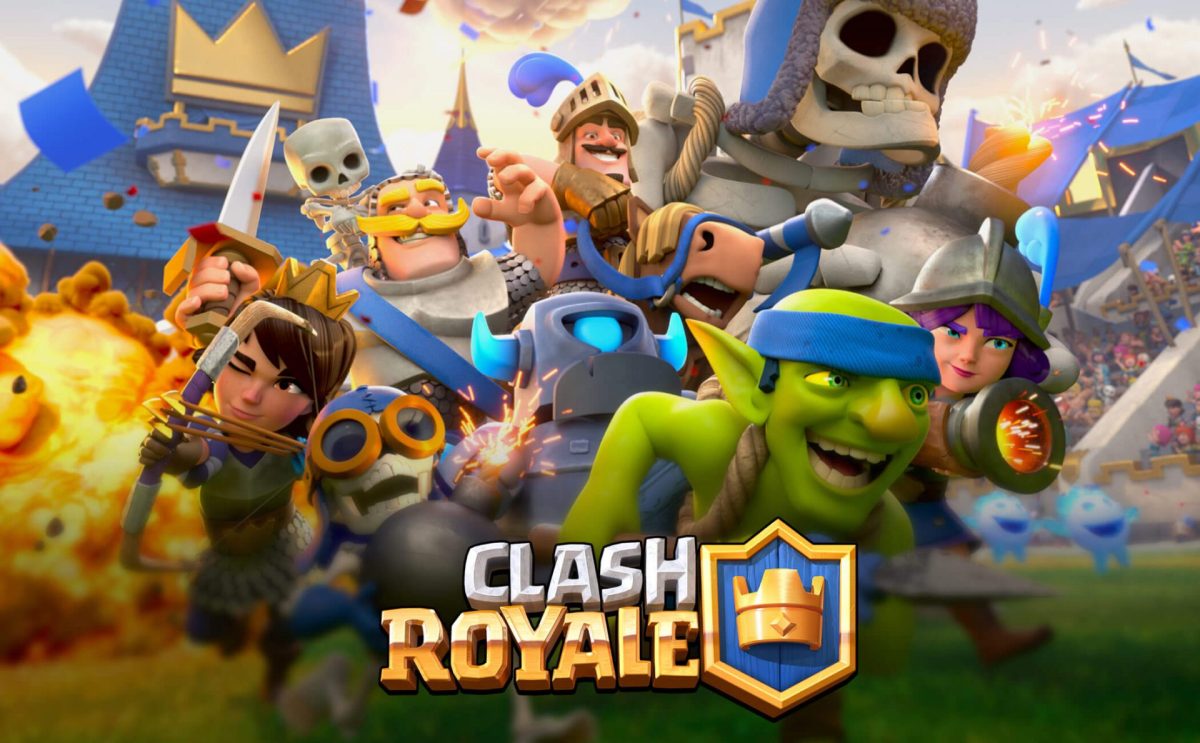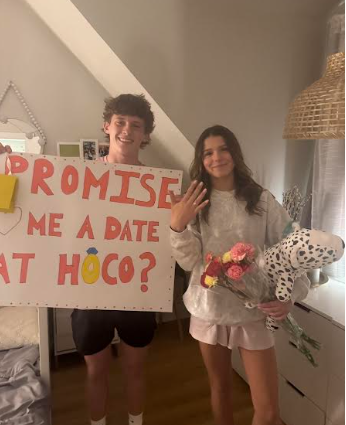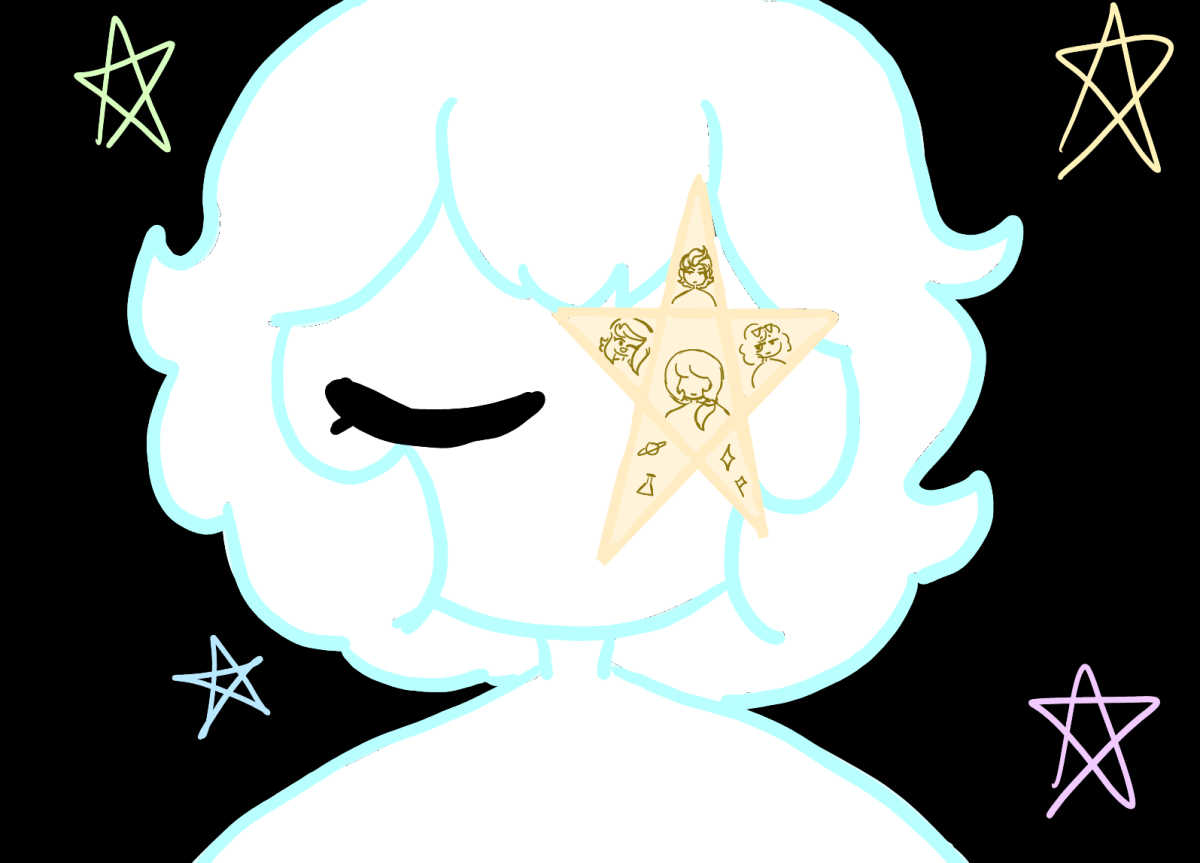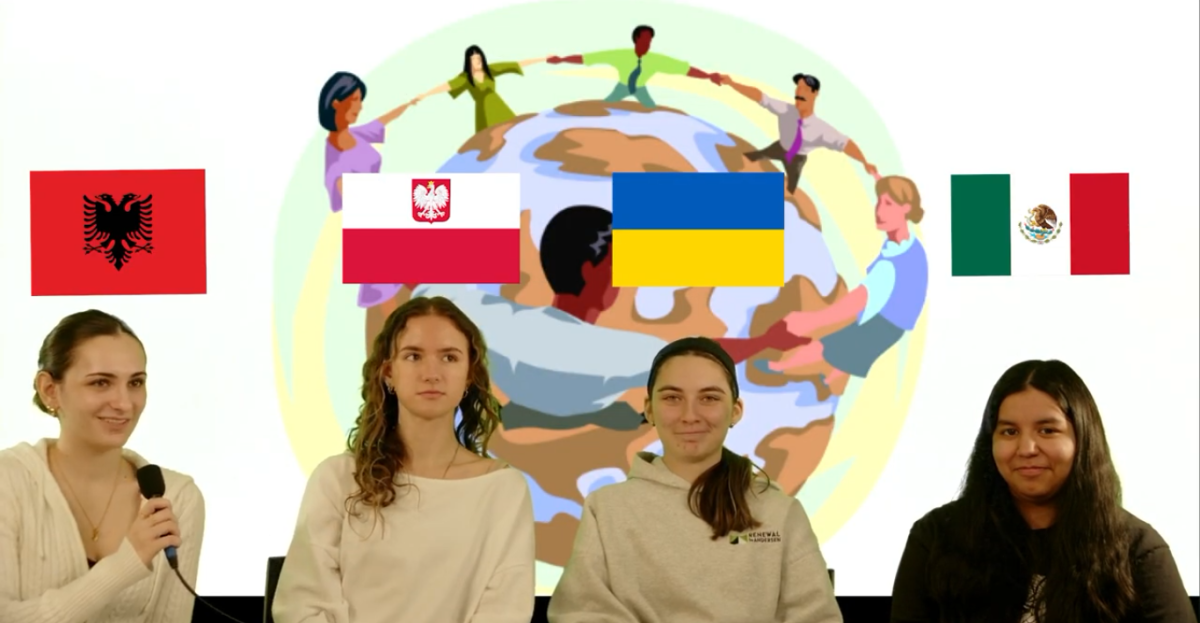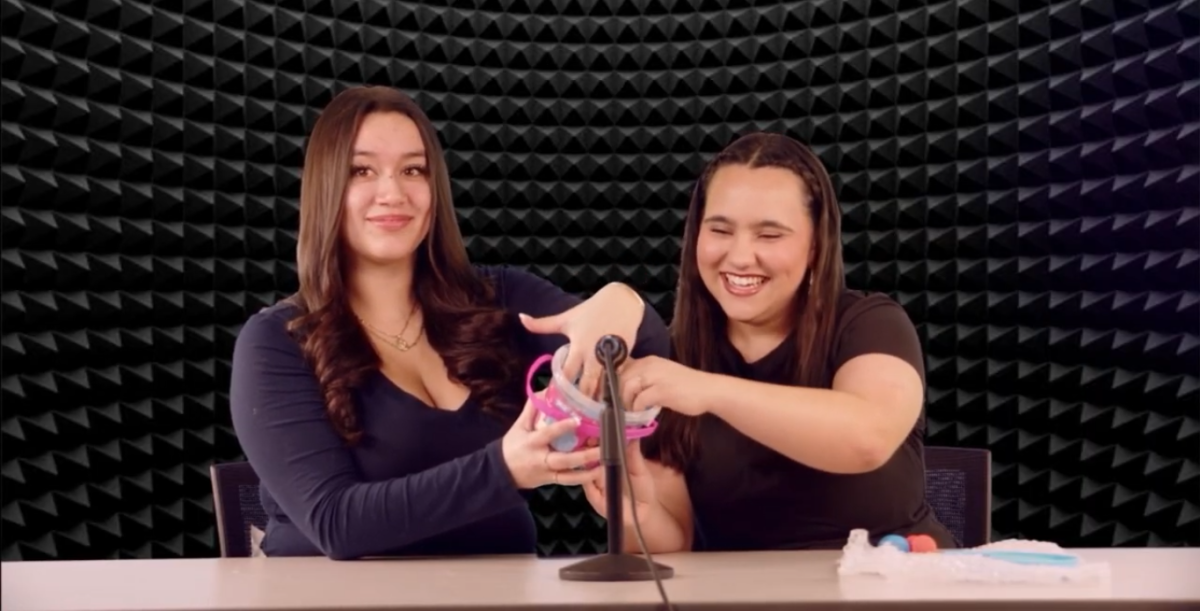Every year, February 14th brings candy, flowers, and heartfelt cards, but Valentine’s Day is more than just a commercial holiday. At its core, it taps into our human need for love and connection, which are essential for happiness and mental well-being.

Psychologists have found that acts of affection—like giving a card, sharing a kind word, or planning a surprise—release oxytocin, the “love hormone”. This chemical fosters trust, bonding, and intimacy, which explains why even small gestures can have a big emotional impact. Valentine’s Day is a reminder to pause and express gratitude for the people we care about, whether they’re romantic partners, family members, or friends.

The holiday isn’t limited to romantic love. In recent years, celebrations like “Galentine’s Day” have highlighted the importance of friendships, while self-love has become a growing focus. Treating yourself, reflecting on your own accomplishments, or simply enjoying your favorite snack are all ways to embrace the day.
Critics often dismiss Valentine’s Day as overly commercialized, but it’s not about the price of the gift. Thoughtful acts, no matter how small, show that we value the relationships in our lives. Social media has even expanded how we celebrate, allowing teens and others to share love and appreciation digitally through messages, photos, or videos.

At its heart, Valentine’s Day is about connection. Whether you’re celebrating with a partner, a friend, or yourself, it’s an opportunity to reflect on the love that shapes your life—and that’s always worth celebrating.








